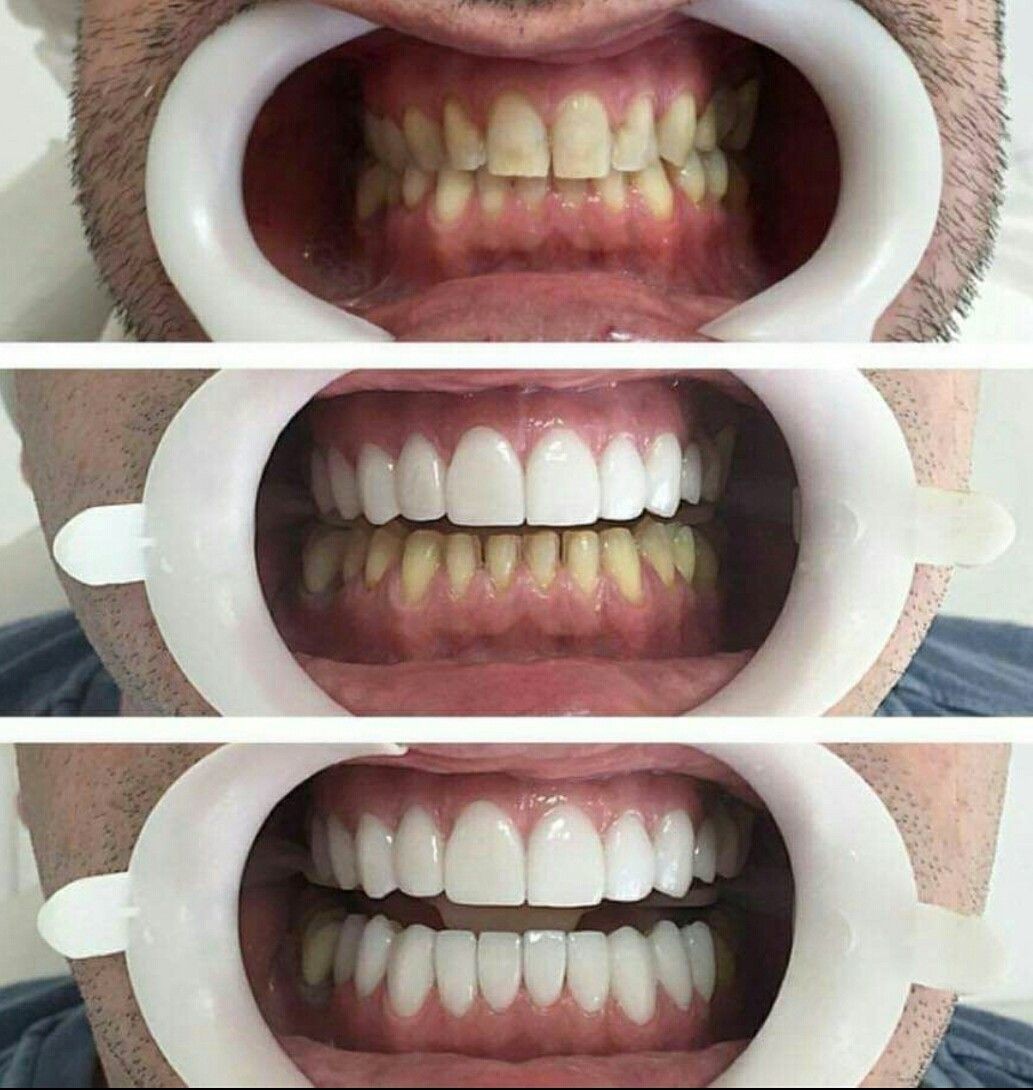
Contents
- 1 How Much Do Teeth Veneers Cost?
- 1.0.1 What are the types of veneers?
- 1.0.2 What is the procedure for getting veneers?
- 1.0.3 What types of problems do veneers fix?
- 1.0.4 What are the alternatives to veneers?
- 1.0.5 Are veneers cost-effective and what are their advantages?
- 1.0.6 What are the issues with veneers?
- 1.0.7 How to maintain veneers
- 1.0.8 Conclusion
How Much Do Teeth Veneers Cost?
According to the American Dental Association, dental veneers can range from $250 to $2,500 per tooth.
Insurance companies rarely cover the cost of veneers because they are considered cosmetic procedures and not medically necessary.
Factors that determine the cost of dental veneers
Several factors influence the cost of dental veneers:
- The size and quantity of veneers needed
- Tools and expertise required for veneer application
- Tooth preparation and post-treatment work
- Location of the dental office
- Material used to create the veneer
What are the types of veneers?
Veneers come in two basic types:
- Porcelain veneers
- Resin-based veneers
While these materials may appear similar, there are significant differences in price and durability.
- Composite resin veneer: Made of a tooth-colored filling material, it is less expensive ($250 to $1,500 per tooth) and requires less enamel removal. However, it is not as strong or stain-resistant as porcelain.
- Porcelain veneer: A thin, strong cap that fits over a tooth. It is more expensive ($925 to $2,500 per tooth) but provides natural-looking results and greater durability.
QUESTION
What is the procedure for getting veneers?
The procedure varies depending on the material used.
For resin veneers, the dentist will clean and prepare the tooth, apply the resin material, and use ultraviolet light to cure it.
For porcelain veneers, the dentist will examine your teeth, shape your bite, take X-rays, and prepare your teeth by removing enamel. Temporary veneers may be used while the permanent ones are being made.
What types of problems do veneers fix?
Veneers fix stained, worn down, chipped, broken, crooked, uneven, and irregularly shaped teeth, as well as wide gaps between teeth.
Veneers can significantly enhance the appearance of your smile by changing the color, size, and shape of your teeth.
What are the alternatives to veneers?
If cost is a concern, dental crowns and dentures are alternative options to consider.
Veneers vs. Dental crowns
Dental crowns are caps that cover the entire tooth. They are a more economical option for certain tooth conditions and can be covered by insurance if deemed medically necessary.
Veneers vs. Dentures
Dentures are a more affordable option for tooth replacement, especially for those who are losing multiple teeth. They provide a natural appearance but may require tooth extraction.
Are veneers cost-effective and what are their advantages?
Veneers offer several advantages:
- Improved confidence
- Natural look and feel
- Short, noninvasive process with little pain and recovery time
- Less enamel removal compared to crowns
- Low risk of sensitivity and discomfort
- Durable, stain and cavity-resistant
Veneers are a worthwhile investment in oral health, offering long-lasting results and the ability to address various dental concerns.
What are the issues with veneers?
While veneers have many advantages, there are some risks to consider:
- Increased sensitivity to hot and cold foods and drinks due to enamel removal
- Not suitable for individuals with weak or diseased teeth
- Not recommended for teeth grinders or jaw clenchers as it may lead to chips or cracks
How to maintain veneers
Maintaining veneers requires regular dental care, including brushing, flossing, and routine dental exams. Some staining foods and beverages, such as coffee and tea, should be avoided.
Conclusion
There are various options to improve your smile, and veneers are a popular choice. While the cost of veneers can vary ($250 to $2,500 per tooth), they offer long-lasting results and numerous benefits. Discuss your concerns with a dentist to determine the best solution for your specific needs.
By clicking Submit, I agree to the MedicineNet’s Terms & Conditions & Privacy Policy and understand that I may opt out of MedicineNet’s subscriptions at any time.


